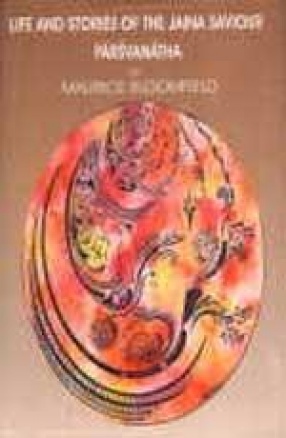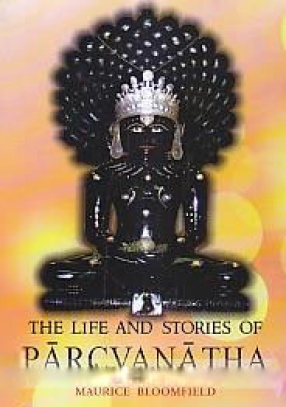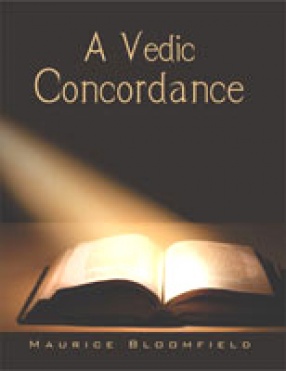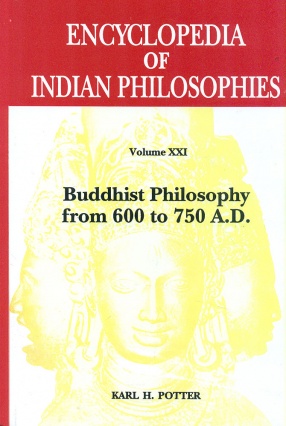The publication in India, in the year 1912, of Bhavadevasuri’s Parsvanatha Caritra opens out, for the first time, a more connected and complete account of the life and teachings of the penultimate Jaina Tirthamkara, or Saviour, Parsva or Parsvanatha. The last Tirthamkara, Vardhamana or Nirgrantha Jnatrputra, best known as Vira or Mahavira, a historical personage, is supposed to have lived either in the last half of the sixth, or in the first half of the fifth century B.C. Parsvanatha is said to have preceded Vira by only 250 years, a passably moderate time, as Indian time conceptions go. But beyond the persistent and, on the whole, Unitarian character of his story and his teaching, there is little to show that he was an historical personage. Be this as it may, the doctrines ascribed to Parsva are fundamental in Jaina religion, and Parsva’s personality figures large in the Jaina legend and in Jaina consciousness. The life of Parsva, including his nine pre-births, as presented in Bhavadeva’s work, is the first complete account of Parsvanatha published to the Western world. And his account of Parsva’s life, along with the many stories woven into it, adds to the chain of Indian literature a jewel of no mean price. The Parsvanatha, is however, not only a story text, but also a sort of Niti-sastra, or ‘Book of Maralities.’ A thousand or more Niti-stanzas, follow the entire range of Jain morality, beginning at the to with dharma (religion), and going downward thru Niti (conduct or tact) to Artha (worldly wisdom), and Kautilya (shrewdness or trickery). Many of these stanzas belong to the floating stock, long familiar thru Bohtlingk’s Indische Spruche, and many that are new are just as shrewd or racy as the old.
A Vedic Concordance
$63.90
$71.00








There are no reviews yet.